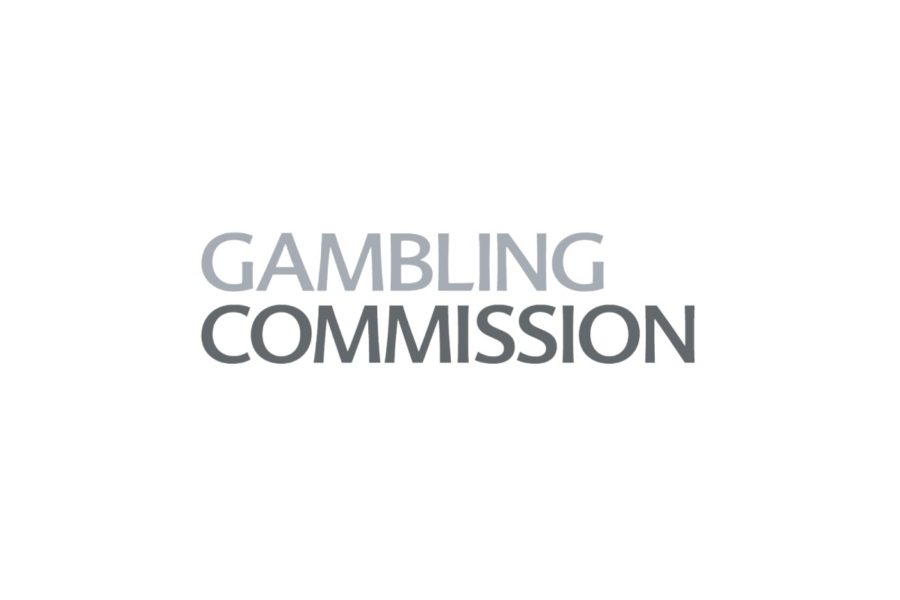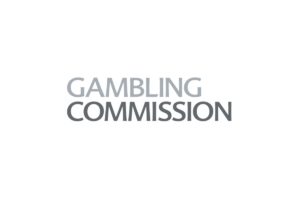British Gambling Commission hits Kindred with £7.1m fine

The regulator has fined Kindred’s 32Red and Platinum Gaming for social responsibility and anti-money laundering failings.
UK.- The Gambling Commission has handed down another multi-million-pound fine for social responsibility and anti-money laundering (AML) failures. It’s fined Kindred’s 32Red £4.2m and the group’s Platinum Gaming £2.9m for a series of failings. It also issued warnings to both brands.
A series of high-profile fines has only increased concerns about the industry at a time when the government is reviewing gambling legislation. The fines are also a blow to Kindred’s attempts to position itself as a socially responsible operator.
32Red, which runs 32red.com, was found to have been late in identifying potential gambling harm. The regulator cited the example of a player who deposited £43,000 and lost £36,000 in seven days. Customer interactions in the case were found to be superficial, with 32Red accepting the customer’s assurances that they were comfortable with and could afford their level of gambling.
Meanwhile, Platinum Gaming, which runs Unibet, failed to identify separate accounts held by the same person, resulting in customers being able to register after being blocked or self-excluded by 32Red. It also failed to identify and interact with players who may have been experiencing harm.
The British regulator also identified AML failings at both companies. 32Red failed to thoroughly implement measures under the Money Laundering, Terrorist Financing and Transfer of Funds (Information on the Player Regulations 2017). It set financial triggers for AML reviews too high, allowing “significant” levels of gambling in a short space of time without learning anything about customers’ financial situations.
Many customers who were asked to produce proof of funds were allowed to continue gambling during the two-week period given to respond. In one case, a player was not deposit blocked after the deadline passed. Platinum Gaming, meanwhile, had inappropriate policies, procedures and controls and failed to review them.
The Gambling Commission ruled that 32Red had breached paragraphs 2 and 3 of licence condition 12.1.1 and paragraph 1 of licence condition 12.1.2 relating to AML and failed to comply with paragraphs 1 and 2 of social responsibility code of practice (SRCP) 3.4.1 on customer interaction. Platinum Gaming was found to have breached the same conditions and also SRCP 3.9.1, which relates to the identification of individual customers.
Executive director Kay Roberts said: “These failures highlight clearly that both operators failed to interact with customers in a way which minimises the risk of them experiencing harms associated with gambling.
“Our investigations also showed that policies and procedures were overlooked, both around customer accounts and anti-money laundering practices. Ultimately, it is an example which all gambling operators should take notice of to ensure they protect their customers at all times.”
Kindred’s response to the Gambling Commission fines
Kindred accepted that its processes in 2020 and 2021 were not “in line with the Commission’s expectations around affordability” but stressed the historic nature of the breaches.
Chief executive Henrik Tjärnström said: “While we accept the outcome, and the acknowledgement that we have already taken significant steps to strengthen our processes, we also recognise that we need to work even harder to ensure a safe and compliant business.
“We appreciate the Commission’s clear recognition that our operations are in an improving position and that we remain fit to hold an operating licence. Our commitment to reducing gambling harm across our platforms is a key part of our journey towards zero ambition – and we are redoubling our efforts to ensure we continue that progress.”
Kindred noted that it has since introduced compulsory limits tailored to each consumer’s risk profile, a more focused approach to players under the age of 25 and full registration blocks for players who show signs of “significant financial pressure”. It also voluntarily imposes stake limits on specific products based on risk profiles and automated interventions to improve the reaction speed to players showing signs of an escalating risk profile.
The company said it planned to make further technical and data improvements to its responsible gaming framework in the coming months.
See also: UK government publishes scathing operator responses to Gambling Act review









